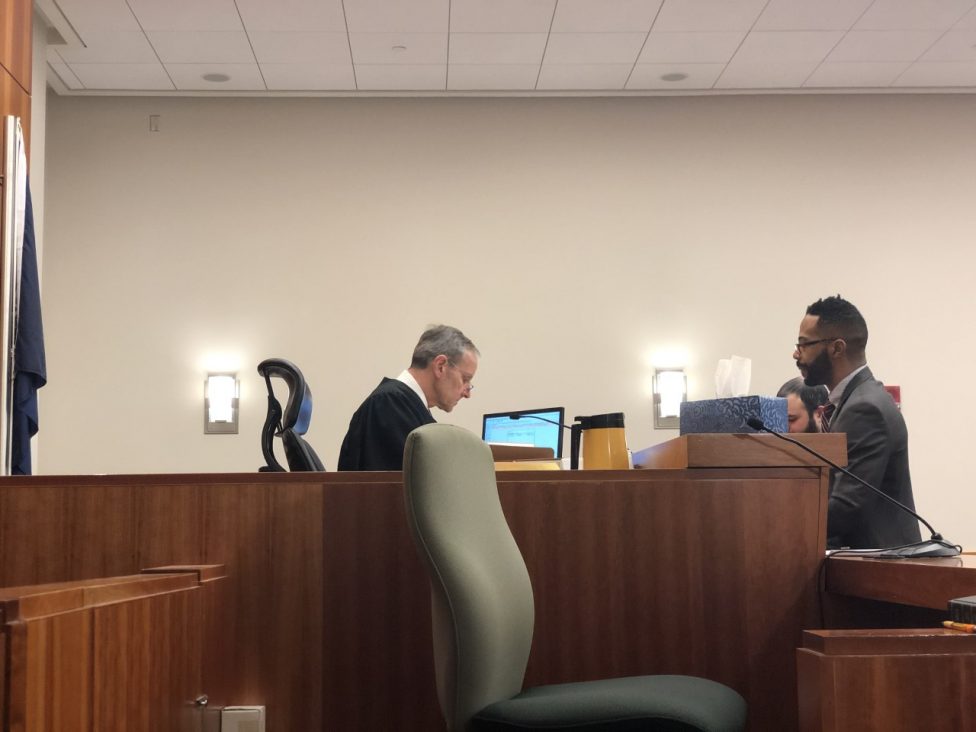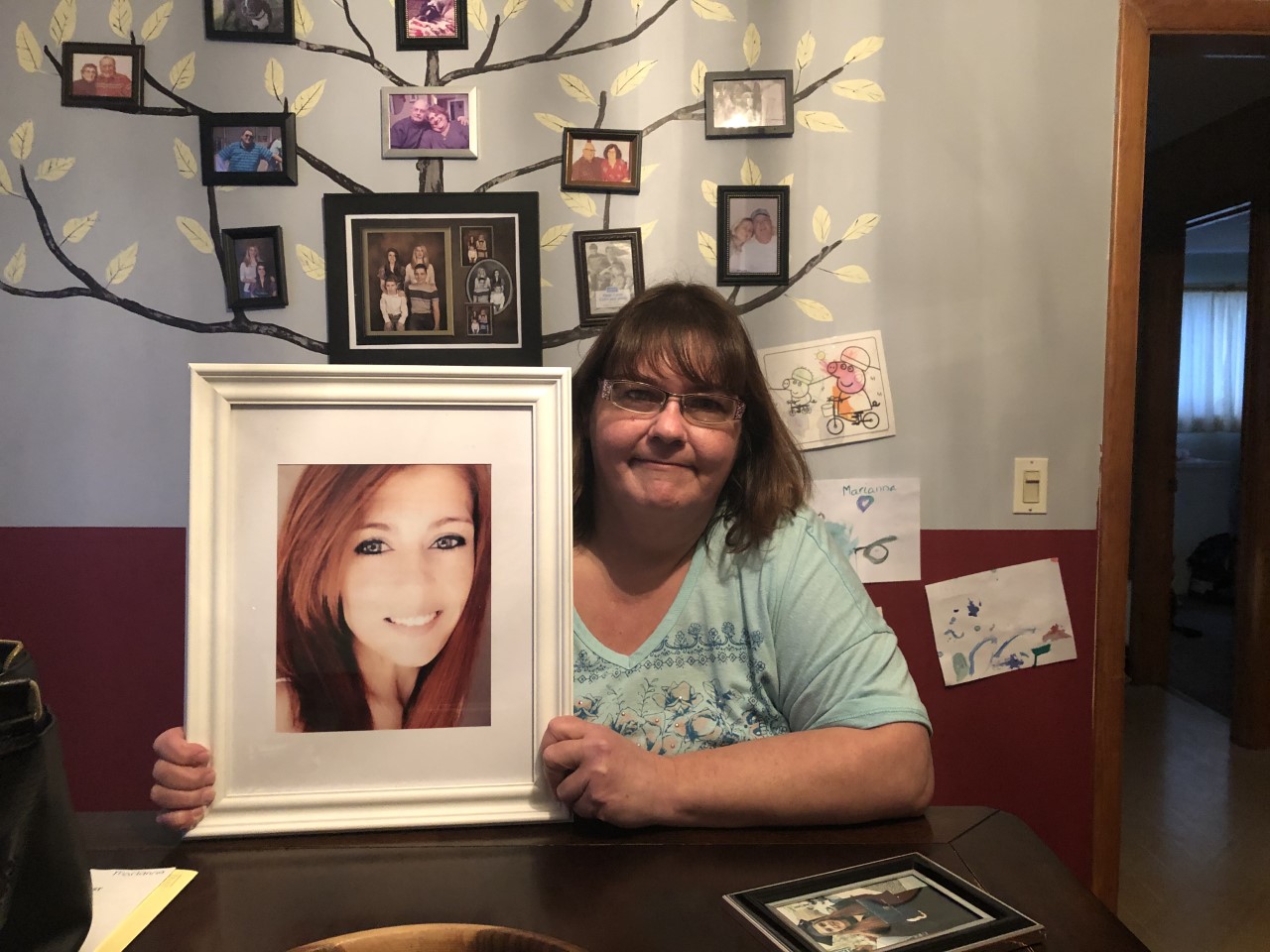New bail reform facing rocky start, statewide support drops
New bail reform facing rocky start, statewide support drops

In a dramatic reversal in public opinion since 2019, a new poll says New York voters now oppose the state’s new bail reform which went into effect Jan. 1.
Last April, voters supported the measure by a 17 point margin and said it would be good for the state. In a poll released Jan. 25 from Siena College, voters now oppose the reform by a 12 point margin, according to Steve Greenberg, a researcher at Siena College.
Greenberg said he was surprised by how drastic the move was amongst voters, “an overall 29 point movement is a large movement even over a nine month period. I was a little bit surprised at the size of the movement.”
Because of this large shift in public opinion, Greenberg said the issue of bail reform will likely be on the minds of voters across the state and lawmakers in Albany.
Under the new reform, most nonviolent felonies and misdemeanors are no longer eligible for cash bail. The reform sets clear standards for which crimes are eligible for cash bail and which are not, allowing little to no discretion from judges. This lack of discretion, according to Jennifer Payne of Syracuse, is the most problematic part of the reform.
In April 2019, Payne’s daughter, Sarah Tombs, was shot to death by her boyfriend, Darien Shellman. Prosecutors are pursuing a charge of unintentional manslaughter against Shellman, a crime under the new bail reform which does not allow him to be held on bail awaiting trial.
“People say ‘[Darien’s case] is the reason this law was enacted,’” Payne said. “But he took a life. He took somebody’s mom. He took my daughter.”

Syracuse City Judge Theodore Limpert said people often forget bail is not a punishment, it is only to ensure a person attends their next court hearing. If people operated more under that mindset, Limpert said more people would support the reform.
“We have to remember that under the constitution, people are presumed innocent and they have an opportunity to present their defense,” Limpert said. “Ultimately, if the person comes back like they’re supposed to, justice will be served at the end of their trial.”
Limpert said he is in favor of the new bail reform because it puts everyone on the same playing field regardless of their economic status or their ability to post bail. He said it also creates more fairness because the same rules about bail now apply in every courtroom, regardless of the judge.
Kevin Stadelmaier, chief attorney of the criminal defense unit at the Legal Aid Bureau of Buffalo, said he has seen the new reform benefit defendants greatly. Stadelmaier said prior to the reform, many of his clients would be in jail awaiting their trial, making it difficult for them to play an active role in their defense.
Additionally, Stadelmaier said prior to the reform, it was common for his clients to post bail and then plead guilty to a crime they did not commit in order to expedite their case. Under the new reform, people have more incentive to fight their case as they are not sitting in jail losing money, he said.
“If the goal of bail is to secure somebody’s back in court, then let’s make it about that,” Stadelmaier said. “Let’s not make it about extorting pleas from poor people.”
Payne said many opponents of the reform feel it will create an environment of violence and boost crime rates in the communities. She said lawmakers should consider making major changes to the bail reform, or repeal it all together.
Stadelmaier and Limpert both disagree with this sentiment. Because the reform has only been in place for a month, Satdelmaier said it is too soon to make any changes.
“There has been zero data. Zero, zero numbers to support that the crime rates have gone up in New York state since Jan. 1. To try and roll the new law back after 30 days of being in effect because of some anecdotal evidence of increased crime rates is absolutely ludacris and bordering on criminal.”
Regardless of what happens with the new reform, Payne hopes lawmakers are listening to their constituents and seeing how this reform is impacting people’s lives, for the good and the bad. Payne added that if Tombs was still alive, she would have a lot to say about the new reform measures.
“My daughter went to school to study criminal justice, and I think if she was alive right now she would be having a cow.”





